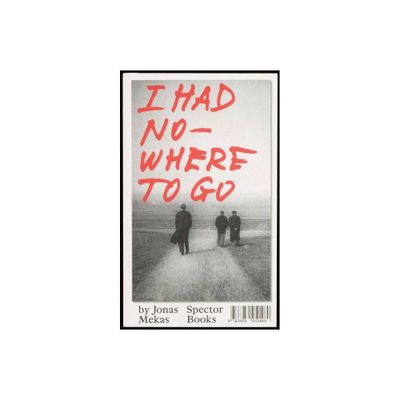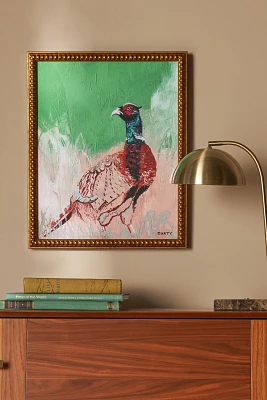Home
Afternoons Go Nowhere
Loading Inventory...
Barnes and Noble
Afternoons Go Nowhere
Current price: $12.99


Barnes and Noble
Afternoons Go Nowhere
Current price: $12.99
Loading Inventory...
Size: OS
*Product Information may vary - to confirm product availability, pricing, and additional information please contact Barnes and Noble
A fascination for history, both as a source of human drama and a field for artful speculation, characterises this collection of poems by Sheenagh Pugh from Seren press. Here we are with the rebels who sack the Palace of Savoy or inside the head of the disturbed King of France, who was convinced he was made of glass, or with the Bishop Thorlack, blessing a demon-haunted cliff. We are as much taken with the gaps in the chronicles, the elisions, the rumours, as we are with the relics: stone ruins, statues plagued by seagulls, the Maid of Norway in a stained-glass window. The marginalia in illuminated manuscripts inspires a poem with ‘asides’ by the Monk in a medieval scriptorium. There is a heartbreakingly lovely poem ‘The Centenaries’ that vividly evokes the battles of World War One as their anniversaries arrive in sequence. There is a thoughtful series evoking a trip to Canada by a ‘tour’ through its time zones. Primarily about people, this collection is also steeped in northern weathers and waters of the Scottish Isles, where Pugh now lives. The title poem refers to the abrupt darkness in winter afternoons, but also to a theme of timelessness running through the collection as in ‘Visitor’ where the protagonist is a skull that emerges from an eroded cliff only to lurch back and disappear with it, “like a neighbour who called in/ just once, and whom we never got to know” a both stern and lovely evocation, a memento mori. In Afternoons Go Nowhere the past seems more relevant to the present than ever, human nature never entirely predictable and often non-sensical, the natural world seeming full of a paradoxical beauty. There is also a piece entirely sympathetic to the digital new age where people in a ‘Bus Station’ are seen staring at their phones, the poem sings praises of connectivity in an otherwise dull context. Complex but with clear themes and lucid, musical language, Sheenagh Pugh’s tenth collection will delight discriminating readers.


















